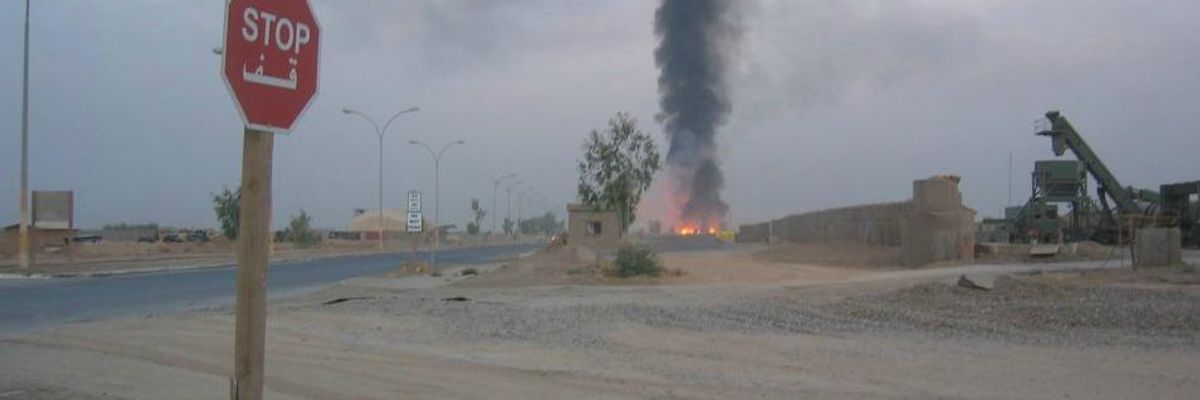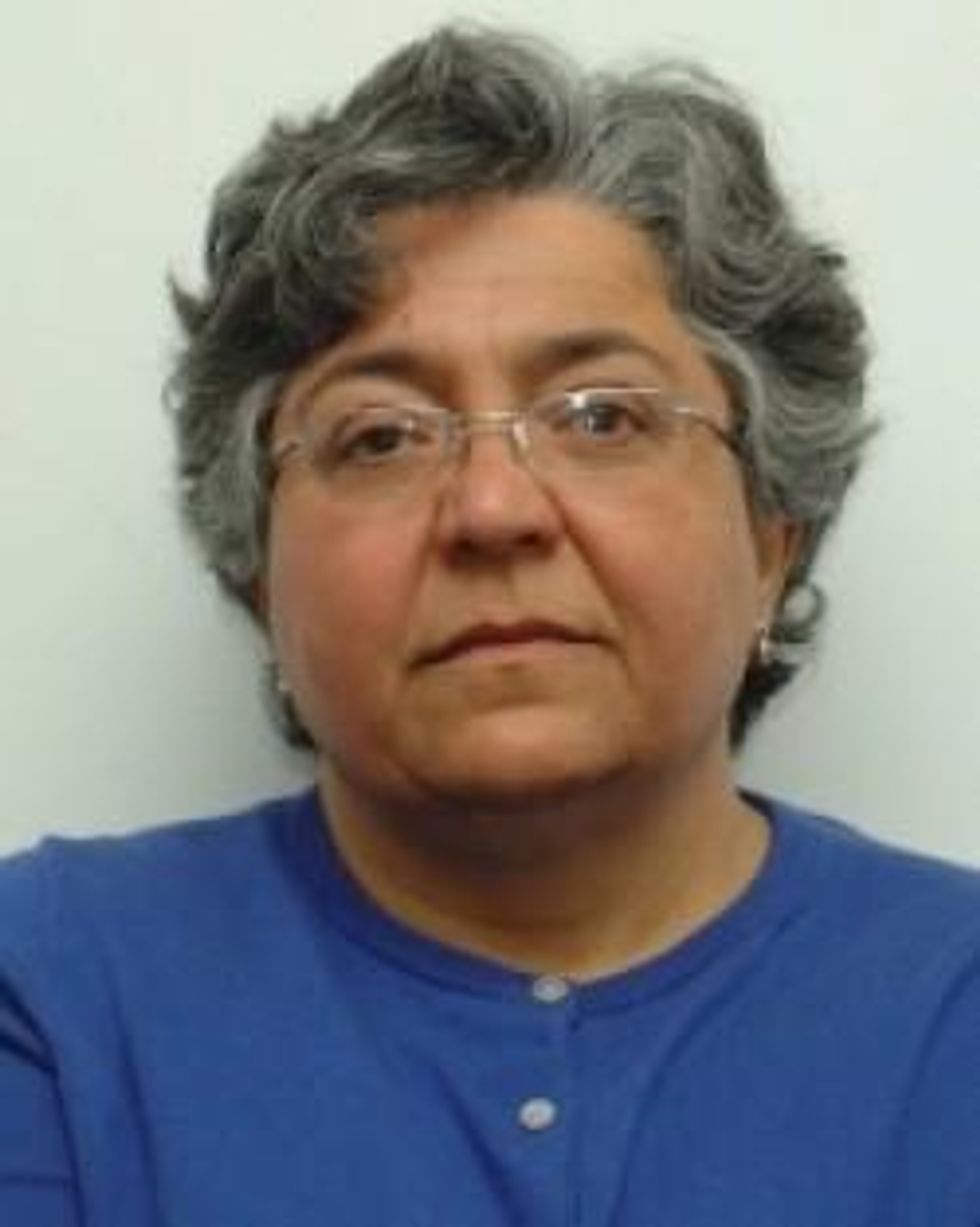Environmental toxicologist Dr. Mozhgan Savabieasfahani will be awarded the 2015 Rachel Carson Prize for her work highlighting the impact of war on the environment and public health.
Savabieasfahani, who was born in Iran and is now based in Ann Arbor, Michigan, researches the link between the chemicals and metals left behind by the U.S. military after the 2003 Iraq invasion and the rise in birth defects in Iraqi cities. U.S. forces burned much of their military waste for years, exposing both soldiers and citizens.
The Norway-based award committee credits Savabieasfahani with bringing public attention to this matter. The Rachel Carson Prize, which was announced on March 4, is given out every two years to a woman who has made significant contributions to the environment.
In an interview with Environmental Health News published on Wednesday, Savabieasfahani describes how her research teams, beginning in 2009, began to survey incidents of birth defects in the Iraqi cities of Hawijah, Basra, and Fallujah.
She said: "We collected hair samples from children and parents of children affected with birth defects. We used nail samples, hair samples and teeth of children. We found very high levels of mercury, lead, titanium and various toxic metals in hair of children and parents of children with disorders or birth defects, showing metal contamination has happened since 2003--with increased disorders and defects."
The team's findings matched samples of titanium and magnesium found in the lungs of U.S. veterans who had been exposed to burn pits in Afghanistan and Iraq.
Savabieasfahani says she is hoping to expand her research in Iraq, now that people "are more aware of the situation."
"We want to actually make a difference on the ground for women and children in Iraq who are severely compromised in terms of health care," she said. "We cannot forget about people who are in dire situations. We cannot wash our hands, walk away and just say 'things are very rough'. It might be hard but we have a responsibility to do it."
The Rachel Carson Prize will be presented in Stavanger, Norway on June 3. Honorees are awarded a monetary prize and a statue of a cormorant, made by Norwegian artist Irma Bruun Hodne, which stands as a symbol for Rachel Carson's efforts to preserve animal species "threatened by man's uncritical use of chemicals," the committee states.
Carson's seminal book Silent Spring documented the detrimental effects on the environment--particularly on birds--of the indiscriminate use of pesticides. Her work led to a national ban on the use of the chemical DDT in agriculture and ignited a national environmental movement.
Past award winners include: Marie-Monique Robin (2009), author of the book and creator of the documentary film The World According to Monsanto, whose work focuses on how genetically engineered seed grains threaten the balance of nature; and Theo Colborn (1999), whose work exposed the hazards of endocrine disrupting chemicals on wildlife and humans.
Savabieasfahani said she is "touched and honored to be in the company of women like Rachel Carson and Theo Colborn, women who deeply cared about the environment and their fellow human beings and got people to think."
"If my work is worthy of that, I'm quite thrilled," she added.


